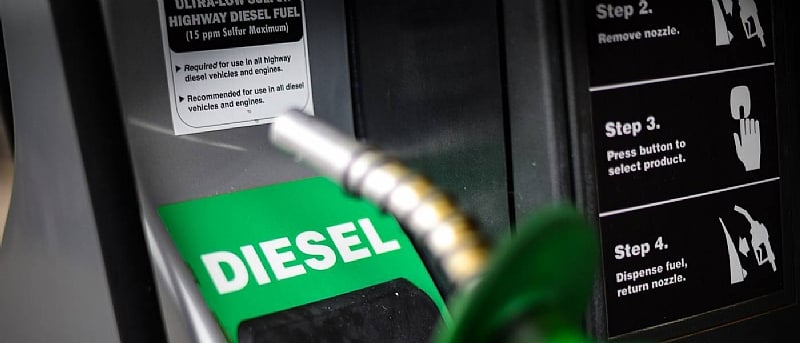In early November 2023, several Oil Marketing Companies (OMCs) in Ghana initiated their first pricing window by adjusting pump prices upwards, just four days into the month. Initially, the reaction from the OMCs was varied; some opted to keep prices stable while others made selective increases, predominantly for petrol. However, a significant shift occurred soon after, with major OMCs deciding to raise prices for all refined petroleum products. This shift indicates a broader trend among the companies to align their pricing with external market conditions and internal cost structures.
State-owned Goil was among the first to announce a price increase, raising the cost of petrol from GHȼ14.49 to GHȼ14.64 per litre. Additionally, diesel prices saw a notable rise from GHȼ14.90 to GHȼ15.45 per litre. Shell, another key player in the market, mirrored this trend by adjusting its petrol prices from GHȼ14.58 to GHȼ14.98 per litre and increasing diesel prices from GHȼ14.95 to GHȼ15.58 per litre. Such increases are indicative of a market responding to both domestic economic factors and global oil pricing pressures, highlighting the interconnection between local pricing strategies and international market dynamics.
The primary factors driving these price adjustments are twofold: the performance of the Ghanaian cedi against major international currencies and the prevailing trends in the global market for refined petroleum products. The cedi has experienced a period of weakness against these currencies, exacerbating the cost pressures on OMCs as they source their products. At the same time, global crude oil prices have been on the rise, which has a direct impact on the cost of importing refined petroleum products, thus significantly influencing local pump prices.
The combined effect of a depreciating cedi and soaring international prices creates an environment where OMCs find it increasingly difficult to maintain previous pricing levels. Consequently, they are compelled to pass along these costs to consumers at the pump, leading to higher prices for essential fuel products. As the oil market often experiences volatility, OMCs must continuously adjust their prices to reflect current market realities, which can lead to rapid shifts in consumer spending patterns and fuel demand.
As the pricing window continues to evolve, the potential for further price increases remains a topic of concern for consumers and policymakers alike. The ability of OMCs to adapt to these economic changes is crucial not only for their operational sustainability but also for maintaining a stable supply of fuel to the market. Observers are keenly watching for any signs of how these price hikes will affect various sectors of the economy, particularly given Ghana’s reliance on petroleum products for transportation and energy.
In summary, the adjustments in pump prices by major OMCs represent a response to challenging economic conditions that encompass both local and global influences. The interplay between the depreciation of the cedi and skyrocketing international oil prices underscores the complexities faced by OMCs. As these companies navigate this volatile landscape, the implications for consumers, the broader economy, and future pricing strategies will be critical, necessitating ongoing attention and analysis from all stakeholders involved in the oil market.














